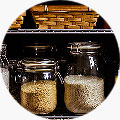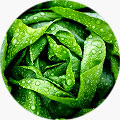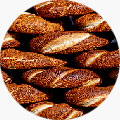Cookies help us deliver our services. By using our services, you agree to our use of cookies.Learn more
-
- Shop
- Direct Donations
-
Grocery

- Grocery
- Turkish Shop
- Turkish Breakfast
- Fresh & Chilled
-
Food Cupboard

- Food Cupboard
- Cereals & Cereal Bars
- Crisps, Snacks & Nuts
- Chocolate & Sweets
- Biscuits & Crackers
- Tins, Cans & Packets
- Pasta, Wholegrain & Pulses
- Home Baking & Desserts
- Jam, Honey & Spreads
- Dried Herbs & Spices
- Oils & Vinegar
- Pickles, Olives & Jarred
- Cooking Ingredients
- Dressings, Marinates & Sauces
- View All
-
Soft Drinks

- Soft Drinks
- Fizzy Drinks
- Juices
- View All
- Beer, Wine & Spirits
-
Toiletries, Health & Beauty

- Toiletries, Health & Beauty
- Bath, Shower & Soap
- Hair Care
- Health
- Facial Skincare & Body Care
- Men's Toiletries
- Feminine Care
- View All
- Homecare & Cleaning
- Dietary & Lifestyle
- View All
- Bakery
-
Desserts

- Desserts
- Baklava
- Turkish Delight
- View All
- Tea & Coffee
-
Kitchen & Dining

- Kitchen & Dining
- Dining
- Pots, Pans & Prep
- Glassware
- Kitchen Essentials
- View All
- Low Price Everyday
- Special Offers
-
Wholesale

- Wholesale
- Confectionery
- Baklava
- Bakery
- View All
- Extra Bits
- Chefkado
- Recipes
- News
- Home /
- Grocery /
- Turkish Breakfast /
- Sutdiyari White Turkish Cheese / Peynir 55% - 400g
Information
Customer service
My Account
Copyright © 2024 Turkish Porter. All rights reserved.





